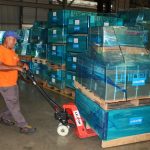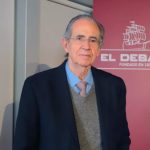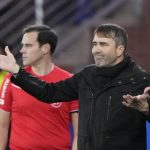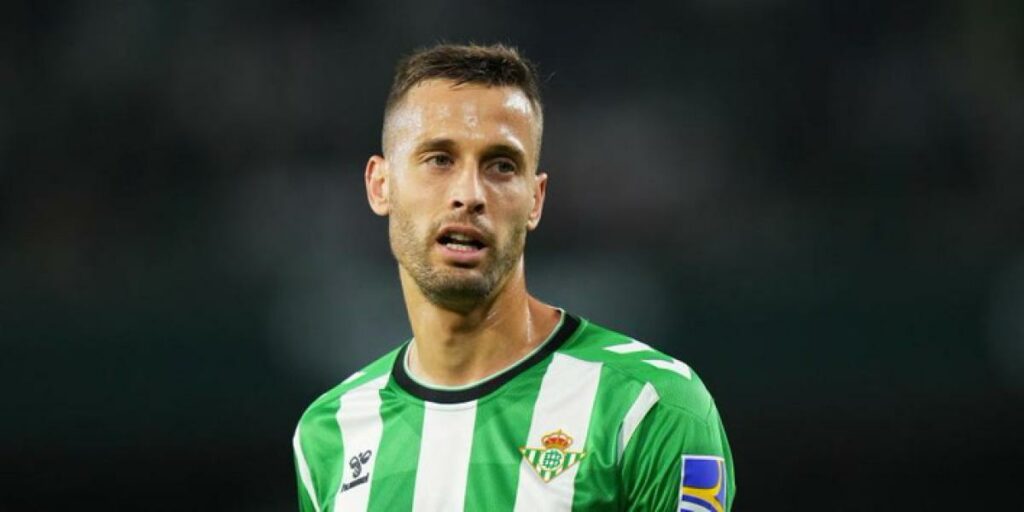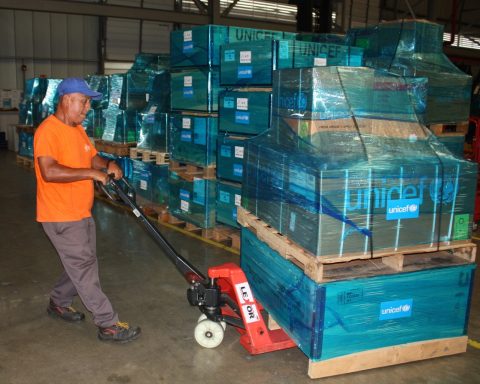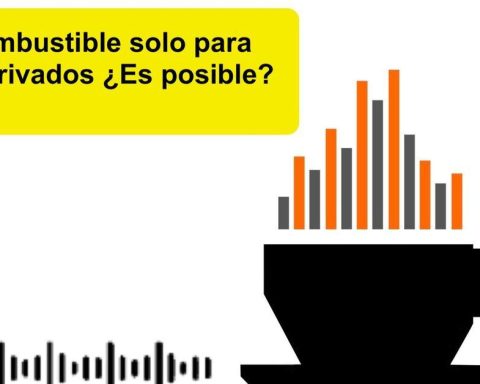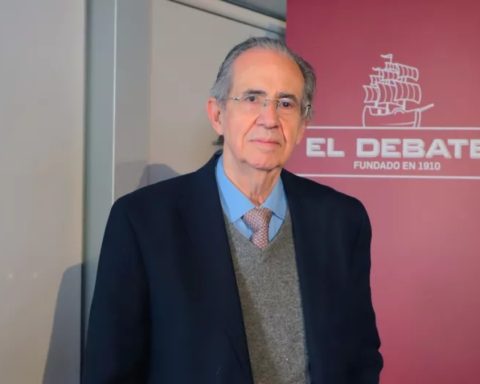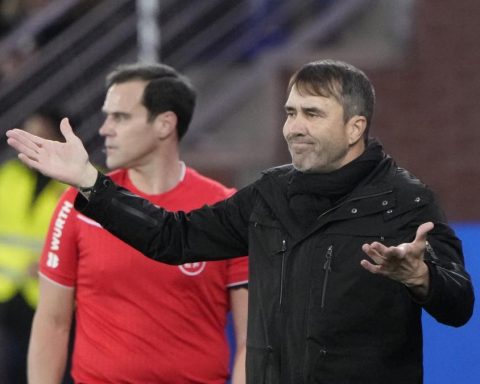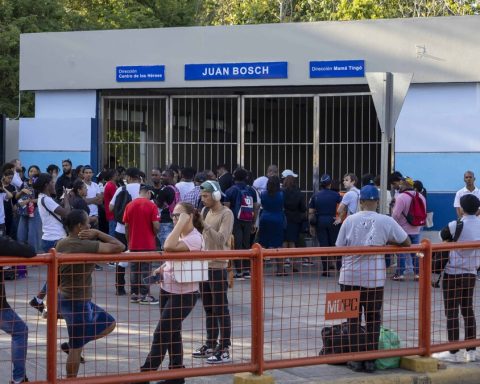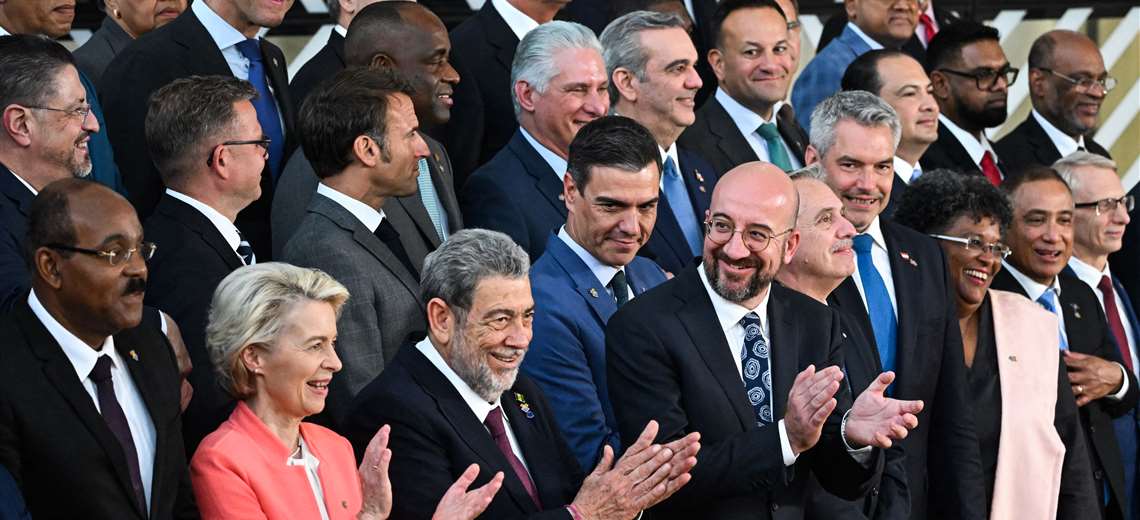
July 18, 2023, 5:16 PM
July 18, 2023, 5:16 PM
The Brussels summit between the European Union (EU) and the Community of Latin American and Caribbean States (CELAC) concluded on Tuesday with a statement expressing “concern” about “the war against Ukraine”, but avoids referring to Russia, after arduous negotiations that they did not reach a consensus with Nicaragua.
That dispute centered a good part of the two days of discussions that they tried to revitalize the links between the EU, of 27 countries, and the 33 of Celac; and relegated to the background a major European investment announcementas well as a meeting articulated by France between the government and the opposition of Venezuela and the debates on the challenges of climate change.
Finally, the leaders expressed their “deep concern about the current war against Ukraine, which continues to cause great suffering”, without any reference to Russia, in the midst of a conflict between the two countries since Moscow troops invaded the former Soviet republic in February 2022. .
The European bloc, which supports Ukraine financially and militarily, insisted on including a mention of that conflict in the final text. that upset international relations and impacted the world economy.
The text of the document received the support of 59 of the 60 participating countries at the summit. In the afternoon, French President Emmanuel Macron stated that “Nicaragua refuses to sign the text”.
The statement also indicates that it “was signed by all countries with one exception, due to disagreement with a paragraph.”
Nicaragua is one of the seven countries that in February voted against a UN resolution passed by 141 votes in favor demanding the “immediate withdrawal” of Russian troops from Ukraine.
The bog in the negotiations on a consensus formula highlighted the challenge of agreeing positions between the EU, a highly institutionalized bloc, and a heterogeneous forum such as CELAC.
“The vast majority of CELAC countries in the United Nations condemn the Russian invasion,” Argentine President Alberto Fernández said at the final press conference.
The Prime Minister of Saint Vincent and the Grenadines, Ralph Gonsalves, who holds the pro tempore presidency of Celac, downplayed the omission of a mention of Russia.
“There is a reaffirmation of positions and we mark all the boxes. It does not mean that you have to go dancing the lambada naked every time an issue is raised. The language is there,” he said, also criticizing the sanctions imposed by Western powers on Russia .
The discrepancies over Ukraine and the solution to the conflict were evident in the speeches on the first daybut when Macron left, he highlighted the role of the Brazilian president, Luiz Inácio Lula da Silva, stating that he is “one of those who build bridges.”
Lula has been criticized in the past by Western powers for his stance in favor of “a negotiated peace” and his opposition to sanctions, reiterated during the summit.
– Support for negotiations on Venezuela –
In the statement, the leaders also expressed their support for “a constructive dialogue between the parties to the negotiations led by Venezuelans in Mexico City.”
On the sidelines of the summit, the vice president of Venezuela, Delcy Rodríguez, and the opposition’s chief negotiator, Gerardo Blyde, met on Monday with the presidents of France, Argentina, Brazil and Colombia to discuss next year’s presidential elections.
The head of EU diplomacy, Josep Borrell, reported on Tuesday that the discussion focused on how to move forward to carry out “free elections that can be recognized by the international community”.
Last week, the chief government negotiator and president of the Venezuelan Parliament, Jorge Rodríguez, ruled out the EU sending an electoral delegation, after the European bloc expressed “concern” over the disqualification of the opposition candidate María Corina Machado.
– A huge investment plan –
The EU sought to pave a rapprochement between the two regions with the announcement on Monday of a investment plan of 45,000 million euros (50.560 million dollars). through the Global Gateway program.
A plan with which the EU seeks to counterbalance the growing presence of China in Latin America.
The initial expectation was that the summit would serve as the stage to sign the EU agreement with Mercosur (Argentina, Brazil, Uruguay and Paraguay), stuck after a series of negotiations that began more than two decades ago.
The issue of deforestation and environmental issues are one of the main stumbling blocks for that agreement. The President of the European Commission, Ursula von der Leyen, expressed her expectation that the negotiation will come to fruition in the second half of this year.






